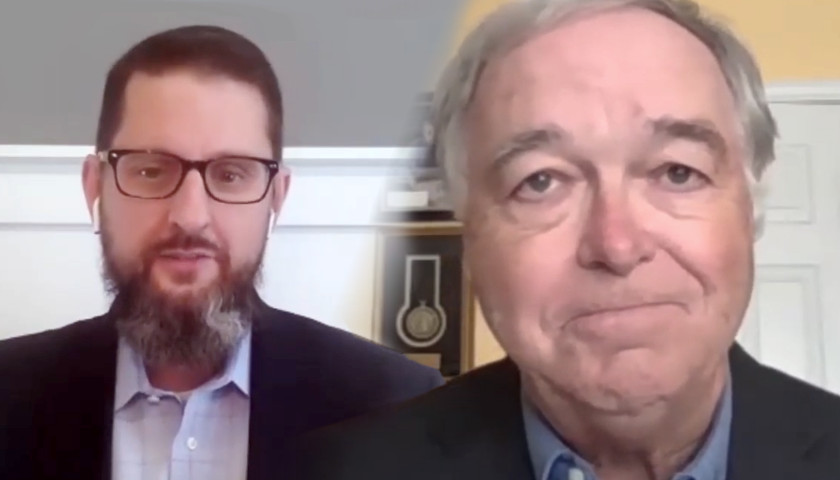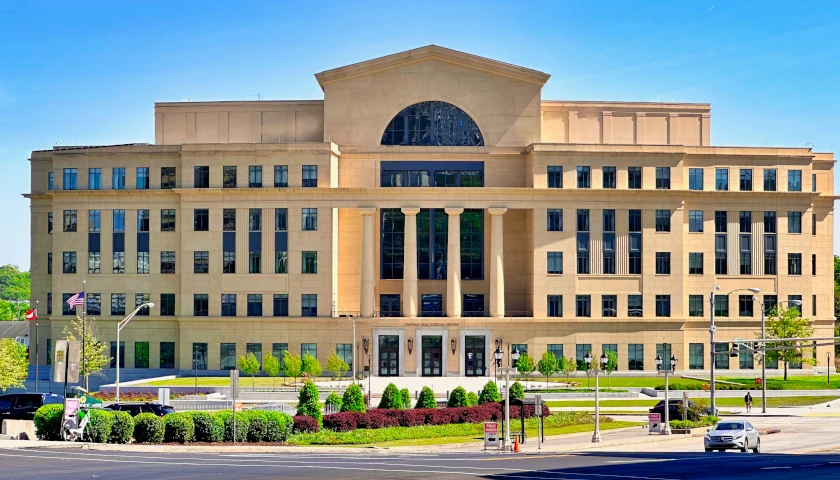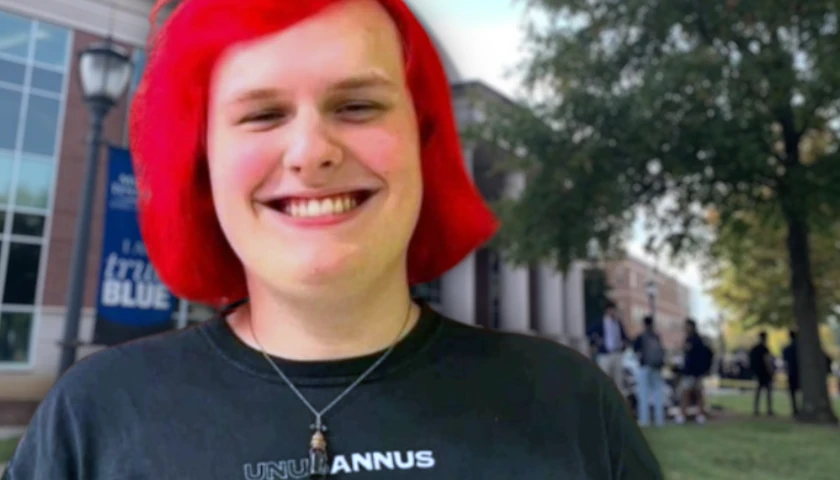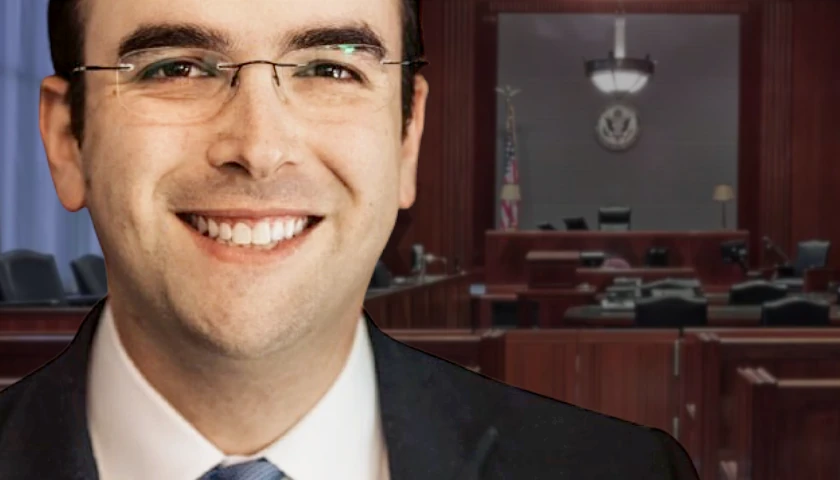There are nine practices that could significantly improve the climate of free speech on American college campuses nationwide. This, according to a report released by Middle Tennessee State University’s (MTSU) Free Speech Center last week, aimed at offering best practices for First Amendment advocacy, activism, and engagement amongst college students.
The nine practices proposed were: physical environments incorporating the First Amendment, social media engagement, cultural boundary bridging, writing exercises, case studies, targeted campus events, hands-on engagement, building bridges, and a combination of assessment and iteration. Examples of these practices included establishing monuments enumerating the First Amendment rights, or offering exercises where students experience loss of these rights momentarily by exchanging their First Amendment freedoms for a free lunch.
The author of the report, MTSU Associate Vice Provost for Data Analytics and Student Success Dr. Brian Hinote, compiled data from 10 universities across the country that had previously engaged in the center’s 1 for All educational campaign. According to a subsequent interview between Free Speech Center Director Ken Paulson and Hinote, campus focus groups and interviews aligned with consistent themes that informed the best practices that were ultimately proposed.
The report itself opened up with a history of the First Amendment. Mainly, it focused on the amendment’s founding and subsequent government attempts to suppress it. Notably, the report criticized previous President Donald Trump’s rhetoric: it claimed that Trump’s condemnation of the mainstream media was an attack on First Amendment principles and liberties. However, it also conceded that his speech might also be “legitimate and warranted criticism of the contemporary press.”
In that portion of its opening pages, the report didn’t mention previous President Barack Obama’s impactful and subversive war on the press. The Obama Administration infamously weaponized the Espionage Act to ferret out and punish government sources leaking to the press, and to justify surveillance and seizures on the press itself.
Hinote didn’t offer a response by press time when The Tennessee Star inquired about the decision to include behavior by Trump and not Obama when discussing First Amendment jeopardizations.
The report also highlighted a variety of research showing how little the American population knows of their guaranteed rights. Hinote pointed out a paradoxical mindset shared by a majority of college students: the same percentage that believed in free speech also believed in the prohibition of racial slurs or costumes and the establishment of “safe spaces” void of free speech.
In a statement to The Star, Paulson explained that the report builds upon the center’s work over the past year to encourage First Amendment appreciation and understanding on campuses.
“At the core of the report is a recommendation that universities throughout the country affirmatively engage students on First Amendment topics,” explained Paulson. “We’ve been doing work along these lines for the past 18 months and have seen dozens of campuses participate. We’re doing outreach now to campuses across the country, urging administrators, faculty and students to hold high visibility educational events on freedom of speech in the 2021-2022 school year.”
Paulson added that higher education should practice what it preaches when it comes to honoring the free flow and exchange of ideas.
“Too many Americans – on campus and off – take our fundamental freedoms of expression for granted. No one of any political persuasion should be afraid to speak out on campus and it’s our hope that more universities will make a public commitment to ensuring the free flow of ideas, as Middle Tennessee State University has,” stated Paulson. “You can’t pay lip service to free speech. You have to make sure it’s a part of the university’s core values.”
In addition to the report, the center has compiled an encyclopedia on the First Amendment, which includes court cases, laws, and individuals concerning those five rights.
– – –
Corinne Murdock is a reporter at The Tennessee Star and the Star News Network. Follow her latest on Twitter, or email tips to [email protected].
Image “Ken Paulson and Dr. Brian Hinote” by MTSU Free Speech Center.






More often than not First amendment discussions at colleges revolve around finding ways to make it legitimate to silence conservatives. This will probably be another example. Let them Honestly compare Obama to Trump. Let them explore the words they both said, how Obama always said “don’t listen to those voices” if people disagreed with his goals – and how he said don’t listen to fox news – or the many visits social media people made to his white house, the same ones censoring free speech today – you could make the argument they were discussing future plans to skew the message in his direction. Trump never said, hey people do not listen to this or that, insulting your ability to think. Trump would directly call out individuals, specific groups or “news outlets” as fake if they misrepresented what he said, (which they did often) just as you or I would. And he never maligned regular people who did not think like him. Obama would suggest that people who did not think like him need to learn to think different, referring to us as “Folks” when he thought we were intellectually addle brained compared to him. Free Speech. I am all for it. people are smart enough to form their own opinions IF they are given a clear representation of all points of view. A College of all places is where that should happen. I bet it won’t happen in this instance – I would LOVE to be wrong
This is a good model for the students but what about the prejudiced administrative bureaucrats and professors who run the university system? The fish rots from the head.